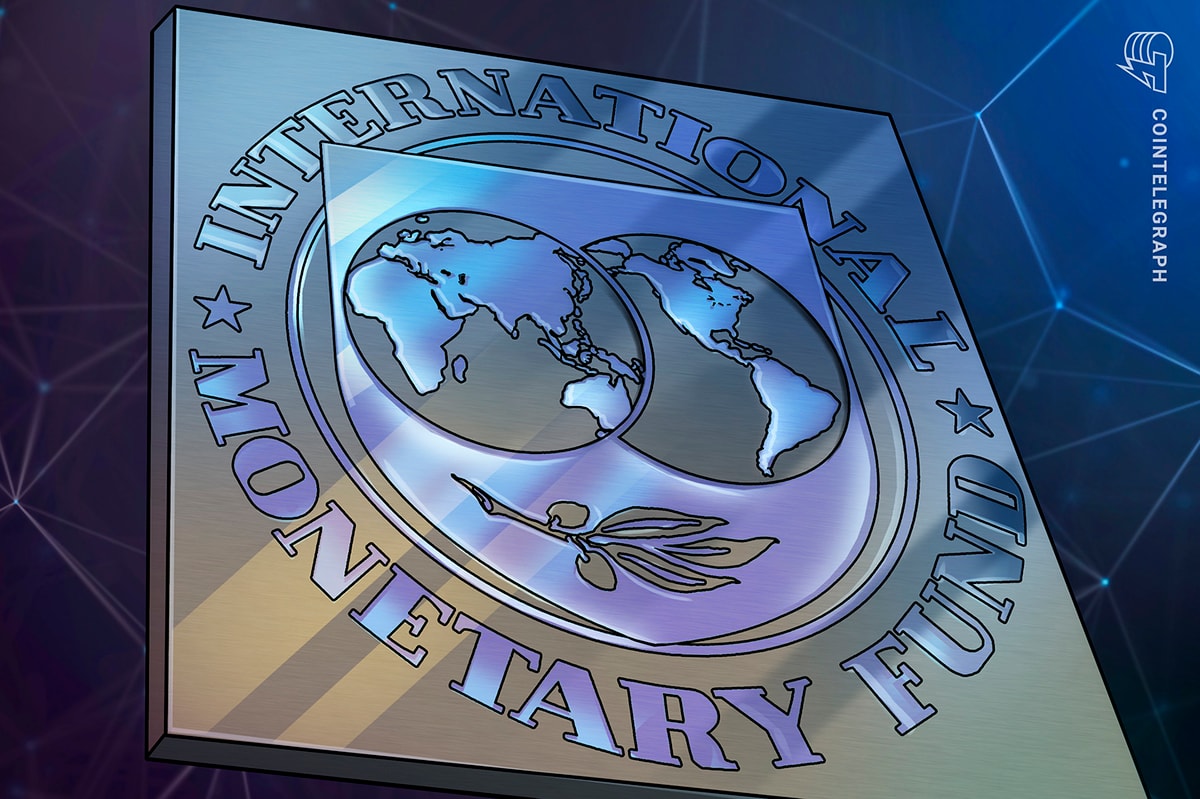The Autorité des marchés financiers ombudsman saw mediation requests rise by almost a quarter in a year; the number of digital asset service providers more than doubled in that time.
News
Progress can have its drawbacks, as the French stock market regulator, the nongovernmental Autorité des marchés financiers (AMF), has noticed. According to the AMF ombudsman, digital asset-related mediations rose sharply in 2022, as did the number of registered digital asset service providers (DASPs).
In its newly released 2022 annual report, the AMF ombudsman included a section dedicated to digital assets for the first time. It noted that, while the total number of cases received by the ombudsman decreased from 1,964 in 2021 to 1,900 in 2022, mediation requests relating to digital assets rose from 44 to 54, with the number of the number of admissible cases rising from six to 17. At the same time, the number of registered DASPs rose from 28 to 59.
Related: French regulator AMF blacklists only 2 crypto websites in the whole year
The AMF ombudsman can only mediate cases where the DASP is registered with the AMF or the AMF has provided optional approval in cases such as initial coin offerings. AMF registration is required to provide custody for third parties, buy or sell digital assets for legal tender, trade digital assets for other digital assets or operate a digital assets trading platform in France.
AMF licensing is required to “provide one or more digital asset services in the ordinary course of business.” There are currently no licensed DASPs.
“”In 2022, the number of disputes relating to crypto-assets for which the AMF Ombudsman was requested to mediate tripled by comparison with 2021.” https://t.co/Z1u9DPwUe3 pic.twitter.com/UD2vVFYWBB
— Joshua Rosenberg (@_jrosenberg) June 14, 2023
The ombudsman’s report noted that DASP registration requirements will be tightened in July, before being superseded by the European Union’s Markets in Crypto-Assets (MiCA) legislation next year.
The AMF ombudsman was careful to note that it does not intervene in “scams,” which may be governed by regulations that apply to crypto assets or, in the case of derivatives, the Markets in Financial Instruments Directive (MiFID II). Misunderstandings of the terms of staking was a common issue the ombudsman handled, it reported.
Magazine: Bitcoin in Senegal: Why is this African country using BTC?







